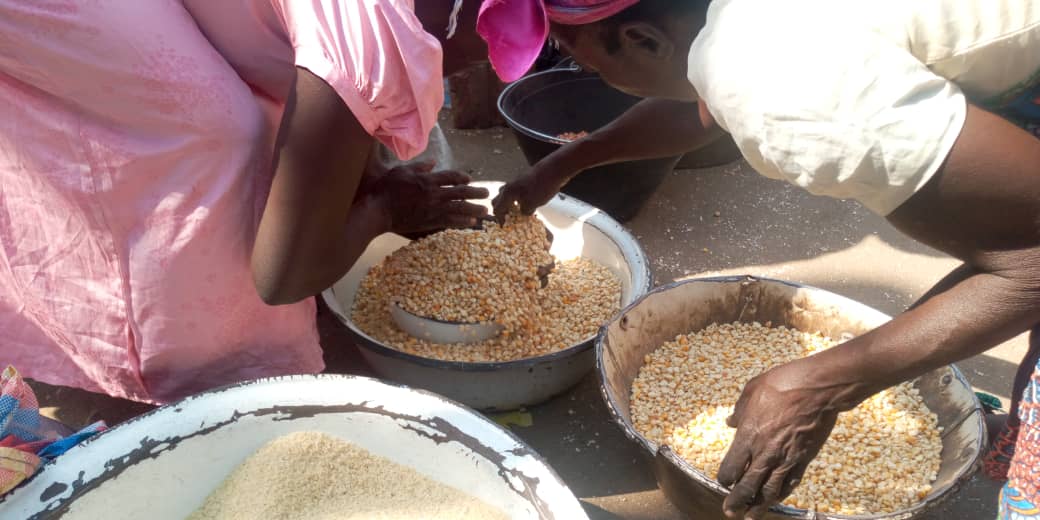Emmanuel Wullingdool, an Agricu Policy Consultant has suggested that the government’s decision to extend the ban on the exportation of grains could be directly attributed to issues of food availability in the country.
Mr Wullingdool explained that while the Minister for Agriculture may have consistently suggested that Ghana has more than enough food to survive on, rising food inflation, scarcity of particular food products and the recent ban give an indication that all is not well.
It would be recalled that the Ministry of Trade and Industry has extended the temporal ban on the exportation of grains for a period of 6 months. The Ministry is as such asking for support from the various Metropolitan, Municipal and District Security Councils to ensure that the ban is enforced.
This was contained in a letter signed by Robert Ankobiah, Chief Director of the Ministry.
“The Ministry of Trade and Industry in its letter ref. no. DB6/118/03B dated 13th April 2022, conveyed approval of His Excellency the President to extend the temporary ban on the export of grains for a period of six (6) months, effective 1st April 2022 to 30th September 2022.”
“On account of this directive, consequential action is being taken to ensure strict enforcement at all Metropolitan, Municipal and District Assemblies (MMDA’s). Accordingly, we kindly request your Ministry to issue the required directives to MMDA’s to take the necessary action with the involvement of the DISECS to disseminate information and intensify the monitoring of trucks carting grains from market centres to neighbouring countries.”
“We urge that prompt action is taken at all times with the involvement of the security. agencies to give full effect to the directive of His Excellency the President,” the statement said.
Speaking on A1 Radio’s Day Break Upper East Show, Mr. Wullingdool said, “we could have food produced in a particular area but how do we have it moved to other areas. The issue of storage; we have hammered on it. Storage has been an issue in the country. Even though the government has said that it built storage facilities, we do know that these warehouses have not translated into the kind of warehouses that would ensure that food is available all year round.”
“We are also talking about rising inflation, rising transportation costs and the impact on the transportation of food and food products. For the Minister to say we have enough food in the country, for me, I have my doubts,” he said.
Mr. Wullingdool continued to say that “whether you are talking about the major cereals; maize, millet, soya beans, sorghum and the rest, you will realize that right from the moment we started harvesting, many poultry farmers started complaining. Many of them have been complaining for some time now. It is difficult for them to have access to a cheap supply of these products.”
Source: A1radioonline.com|101.1MHz|Mark Kwasi Ahumah Smith|Ghana


